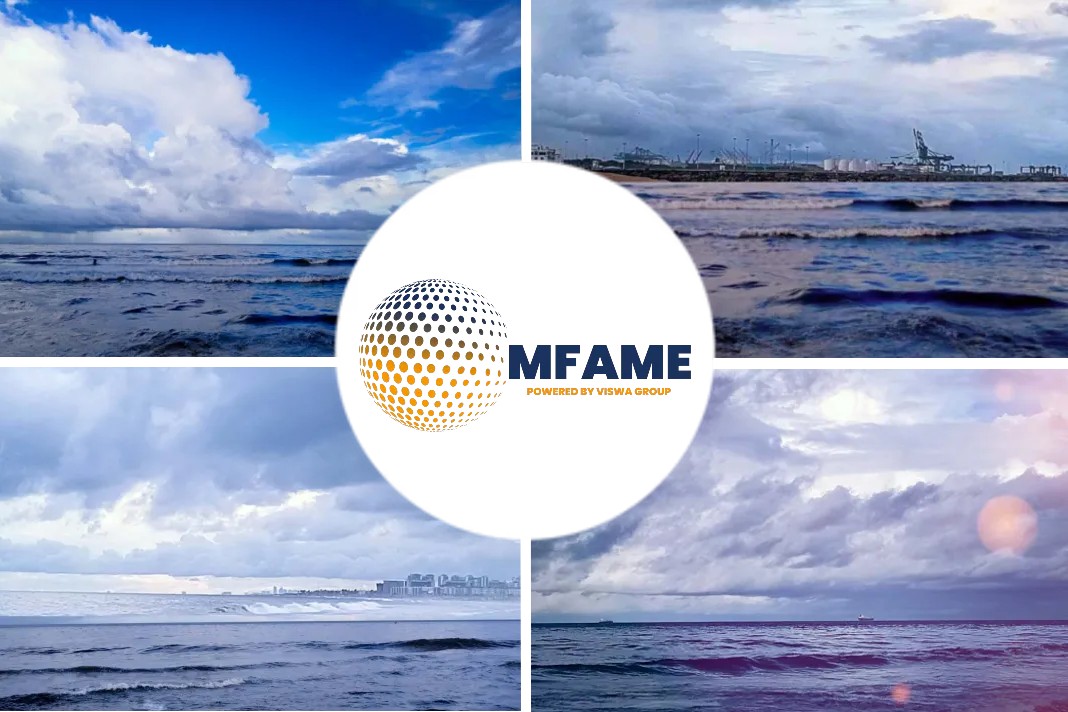
The Transportation Department’s Tanker Security Program has recruited nine ships from three companies to enhance the Pentagon’s sealift capacity, providing vital fuel supply support to the armed forces during conflicts.
- The initiative enlists vessels for both international commerce and military requirements, ensuring a secure fuel delivery system.
- Participating companies receive a $6 million stipend per year per ship and contribute to job creation for American mariners.
- Further expansion of the program is planned to address fuel tanker vessel concerns and meet military readiness requirements in the Indo-Pacific region.
Strengthen National Security
The Transportation Department recently unveiled its ambitious Tanker Security Program, a congressionally backed initiative designed to bolster the Pentagon’s sealift capacity during times of conflict. The program successfully enlisted nine ships owned by three different companies to participate in this vital effort.
Dual Role
Under the Tanker Security Program, the enlisted ships will serve a dual purpose. Firstly, they will be available for international commerce, contributing to the smooth functioning of supply chains. Secondly, when the need arises, the government can call on these vessels to support military requirements, ensuring a reliable and secure fuel delivery system for the armed forces around the world.
Companies and Benefits
The three companies contributing three vessels each to the program are Overseas Shipholding Group (OSG), Seabulk Tankers, and a joint venture between Crowley and Stena Bulk. In exchange for granting the government access to their ships, these companies will receive a significant stipend of $6 million per year per ship. The initiative is expected to create hundreds of jobs for American mariners, providing an additional boost to the nation’s economy.
Future Expansion
General Jacqueline Van Ovost, the commander of US Transportation Command, is a staunch supporter of the program. She has been working with lawmakers to expand the program’s overall capacity, with plans to recruit 10 more vessels. This expansion is vital, given the concern about the availability of enough US-flagged vessels to meet the military’s fuel transportation requirements.
Did you subscribe to our daily Newsletter?
It’s Free! Click here to subscribe!
Source-breakingdefense















